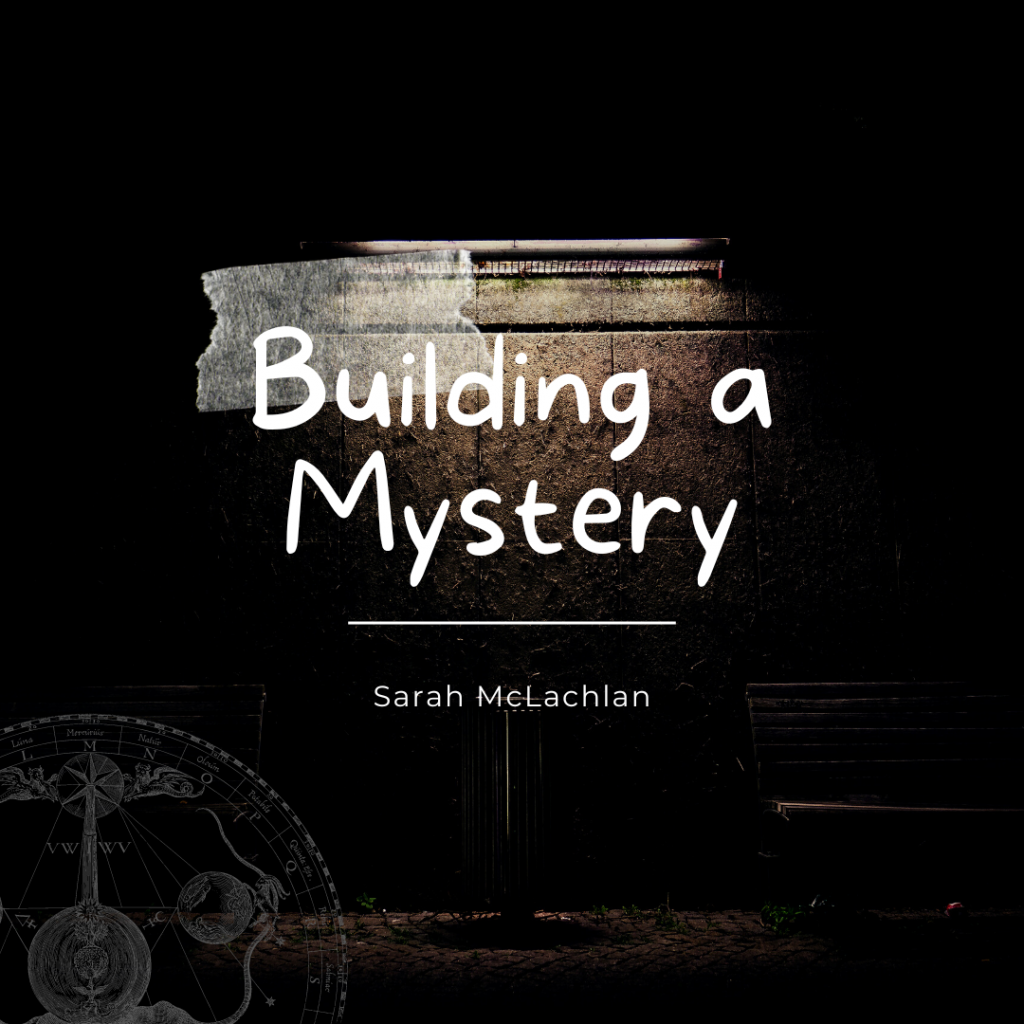I can always tell that I’m completely over summer and longing for autumn because I tend to end up consuming (via television/streaming, audiobooks, and podcasts) random paranormal and spooky stuff at higher levels than normal. It’s no secret that to a very great extent that the fall is really my favorite season, followed by winter. Spring and summer I appreciate for the storms and sometimes the blue sky sunshine and various other things but not so much the heat and humidity–I’m just not built for that.
Times are weird right now and feel as if they’re going to continue to get weirder. I’m not sure what’s triggering that feeling, but something is certainly driving it. Either I’ll figure it out or I wont, just like some character in a novel or a game or another media. Maybe it’s just not important to know, but to feel and acknowledge.
There is a restlessness right now coupled with an exhaustion and a readiness for whatever’s shifting to just well on and do it so we can brace ourselves for what’s coming next. Another thing I’m not sure about, one way or another, but there it is.
Creatively and intellectually, I’m considering what to do going forward. There’s a little bit of a desire to possibly put together some brief research essays for Patreon and this site and see what happens. Professionally, I’m starting to take a look at things like knowledge management and content management, above and beyond what I already do in my day to day (let’s just say even though Tech Writer is my title, I’m doing a lot that is not that). In some ways, I miss the research and the digging and the piecing of things together, so maybe that could be coming in the future. I doubt there will be a consistent theme to any of it because part of my academic problem has been that I am, in fact, interested in far too many things to focus on one thing forever. Specialization is a beast but I have a very bad (good?) habit of drilling down on whatever interests me in the moment, which has rendered me a bizarre kind of generalist in some ways.
It’s an interesting idea, anyway. Something I need to think about–something I need to give myself permission to think about, to possibly try, and to accept that I’ll either love it or hate it and either is fine. Failure is fine. Success is fine. The joy is what I make of it.
We’ll see.

